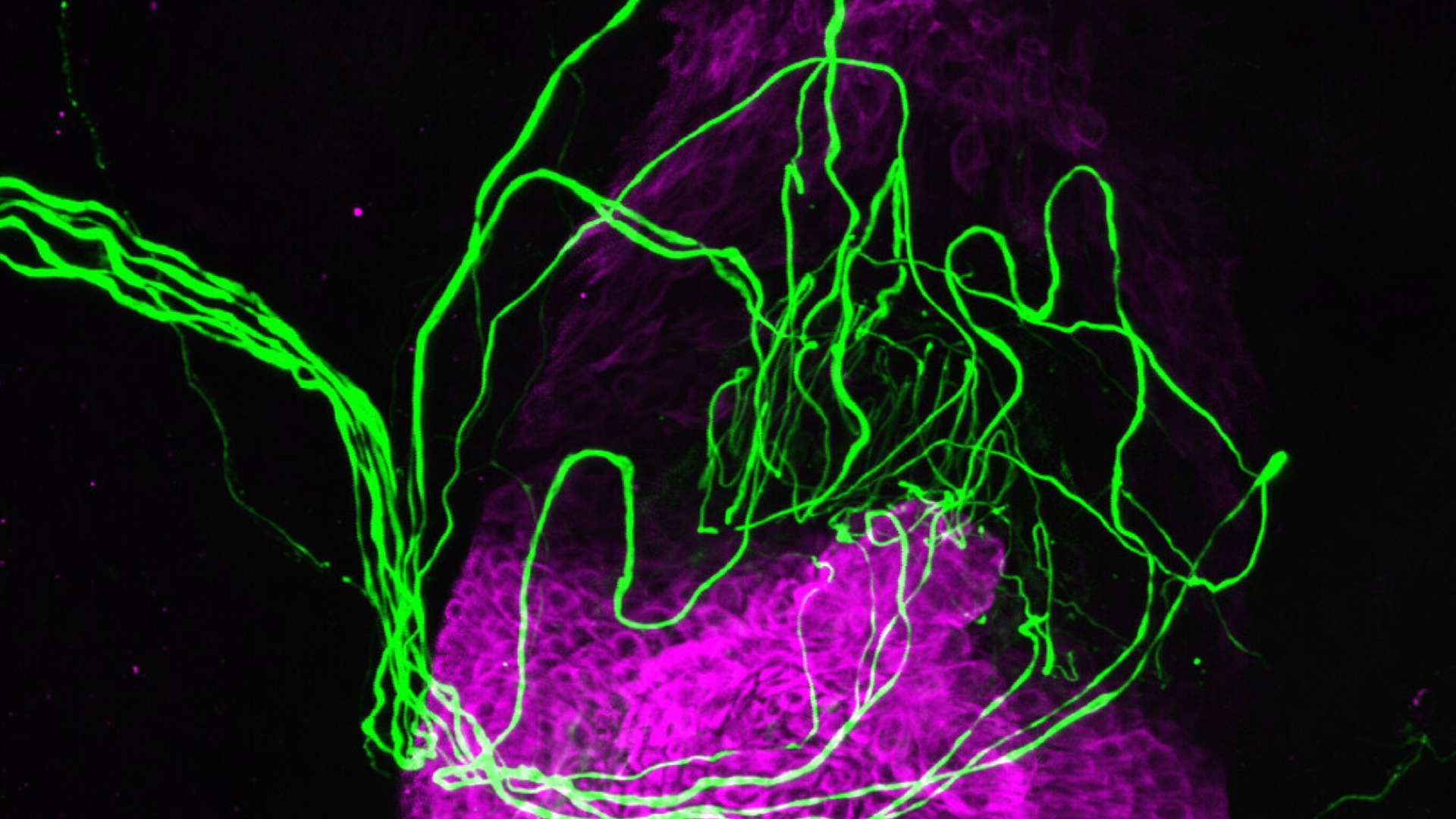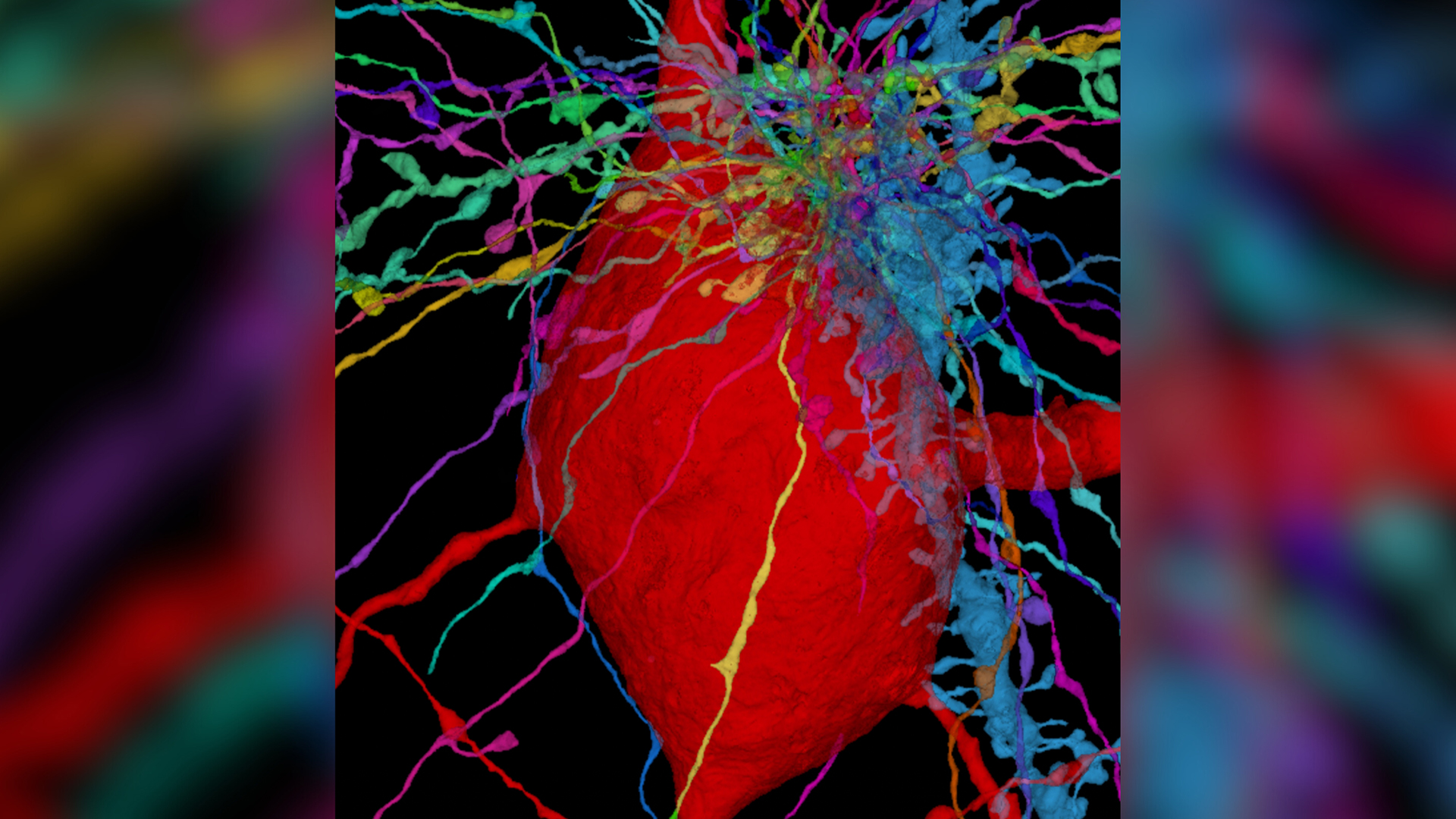Neuroscience
Latest about Neuroscience
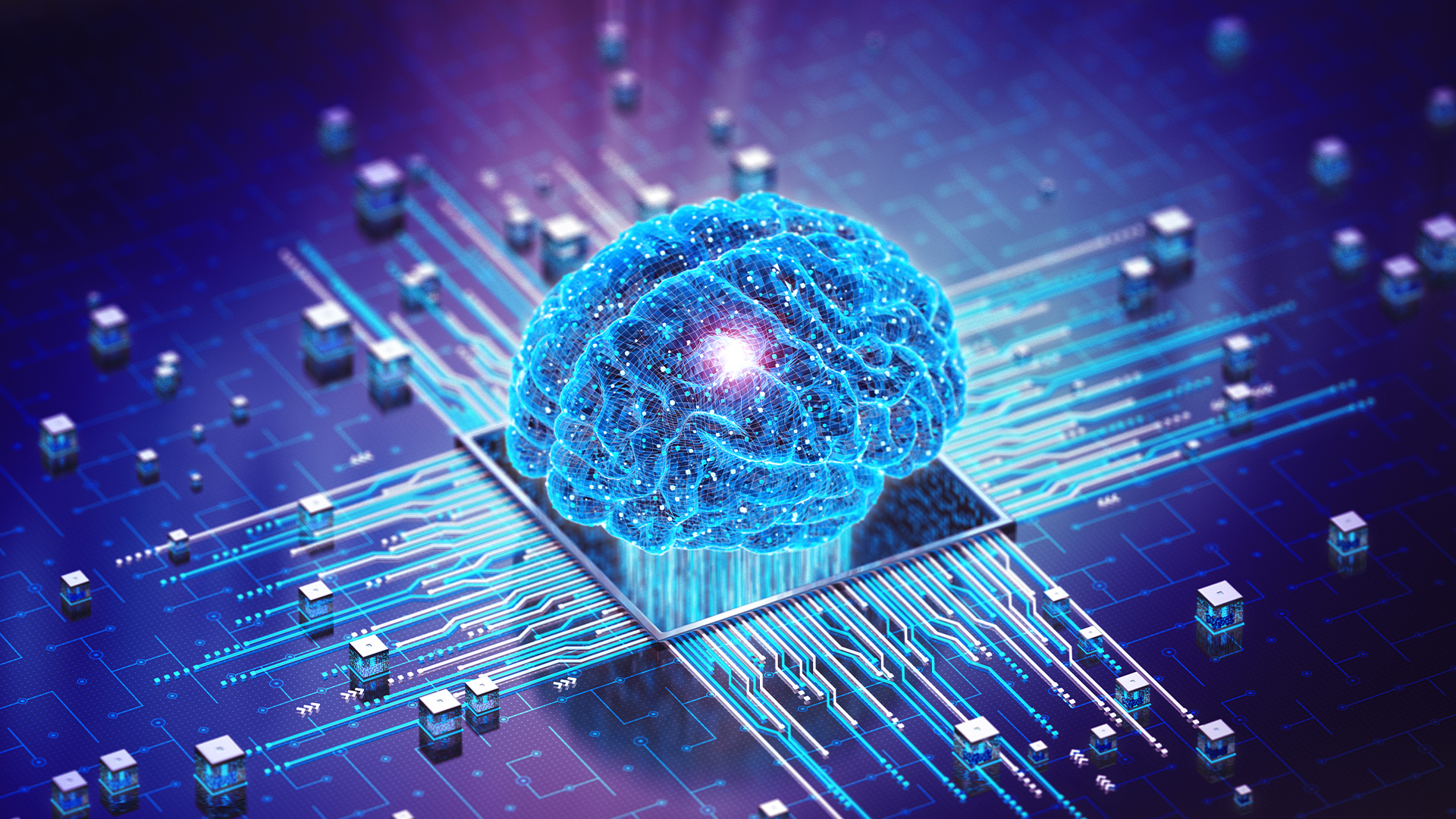
In a 1st, scientists combine AI with a 'minibrain' to make hybrid computer
By Rebecca Sohn published
Researchers plugged a "brain organoid" into an artificial intelligence system, using the neural tissue to help complete computational tasks. The experiment could mark a step toward "biocomputers."

Scientists debunk myth that human brains are 'underdeveloped' at birth
By Emily Cooke published
Newborns' brains may look relatively smaller than those of other primate babies, but it's not because they're "underdeveloped" by comparison.
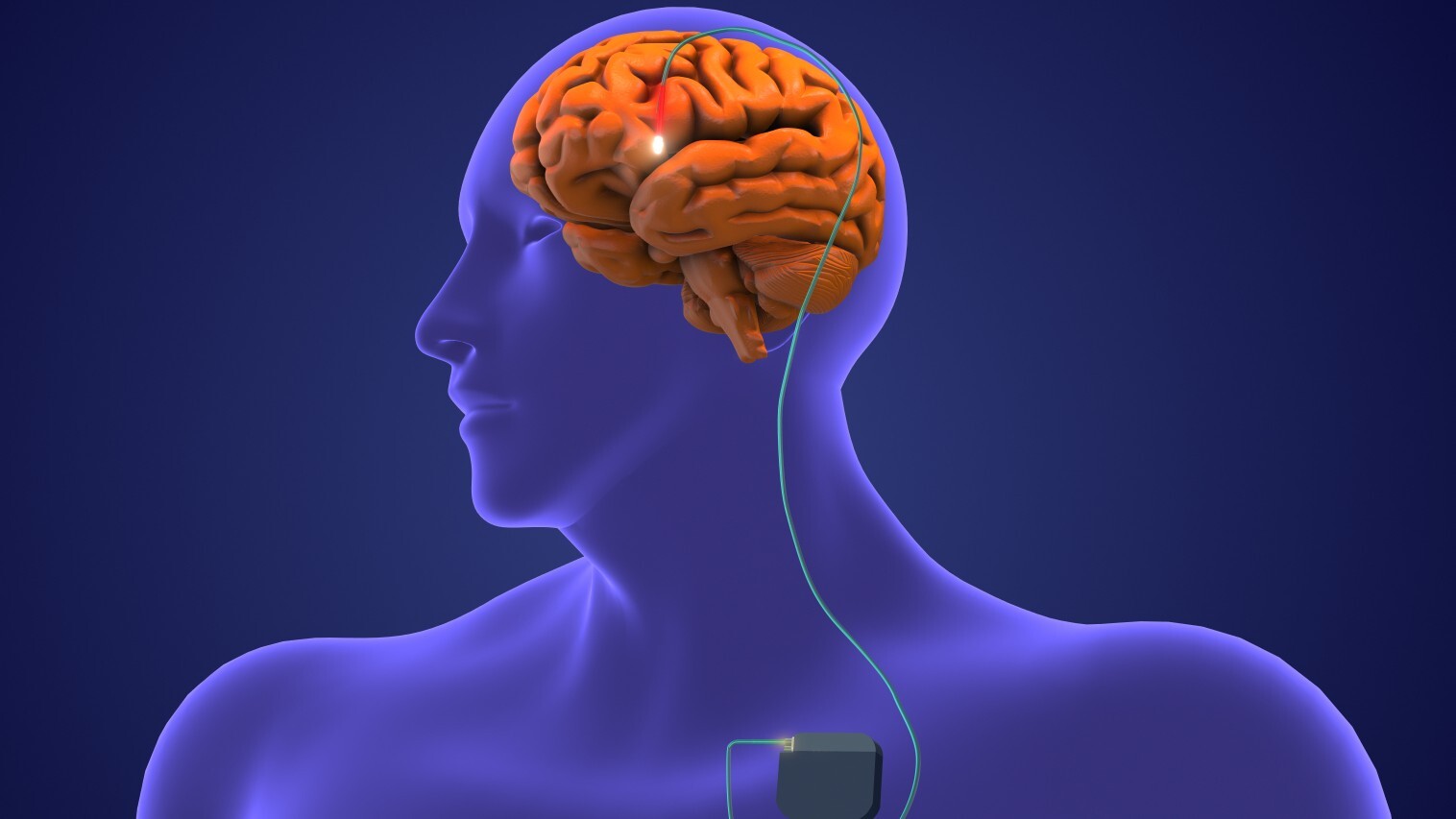
Electrical stimulation could treat traumatic brain injuries
By Emily Cooke published
An early trial suggests that deep brain stimulation could treat cognitive impairment associated with traumatic brain injury.

Traumatic memories are processed differently in PTSD
By Emily Cooke published
People with PTSD feel like they're reliving past experiences in the present. This may be tied to how the brain processes memories of those experiences.
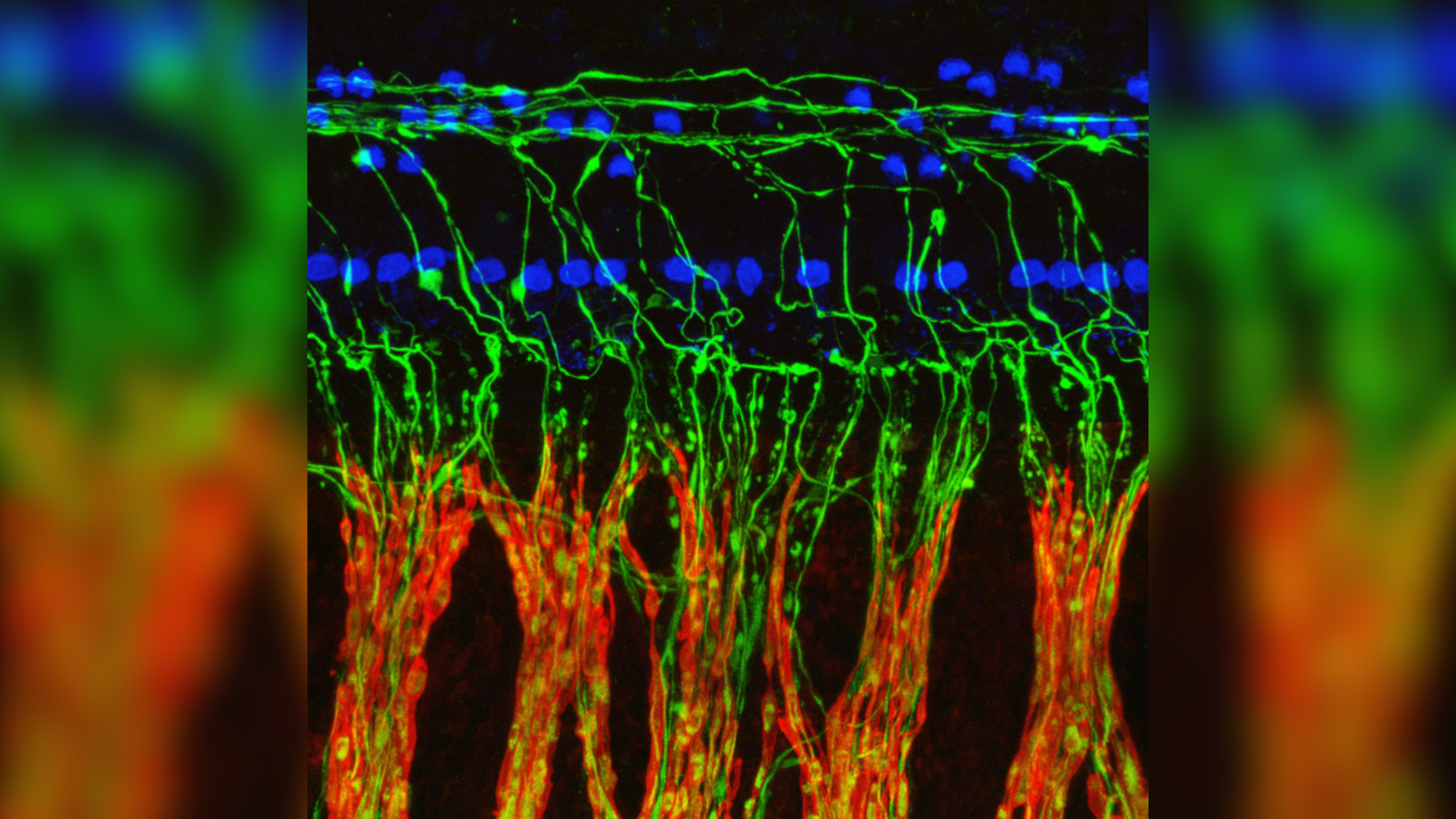
Tinnitus may stem from nerve damage not detectable on hearing tests
By Emily Cooke published
People with tinnitus may be wrongly classed as having "normal hearing" because standard tests don't detect the condition's true cause, a new study suggests.
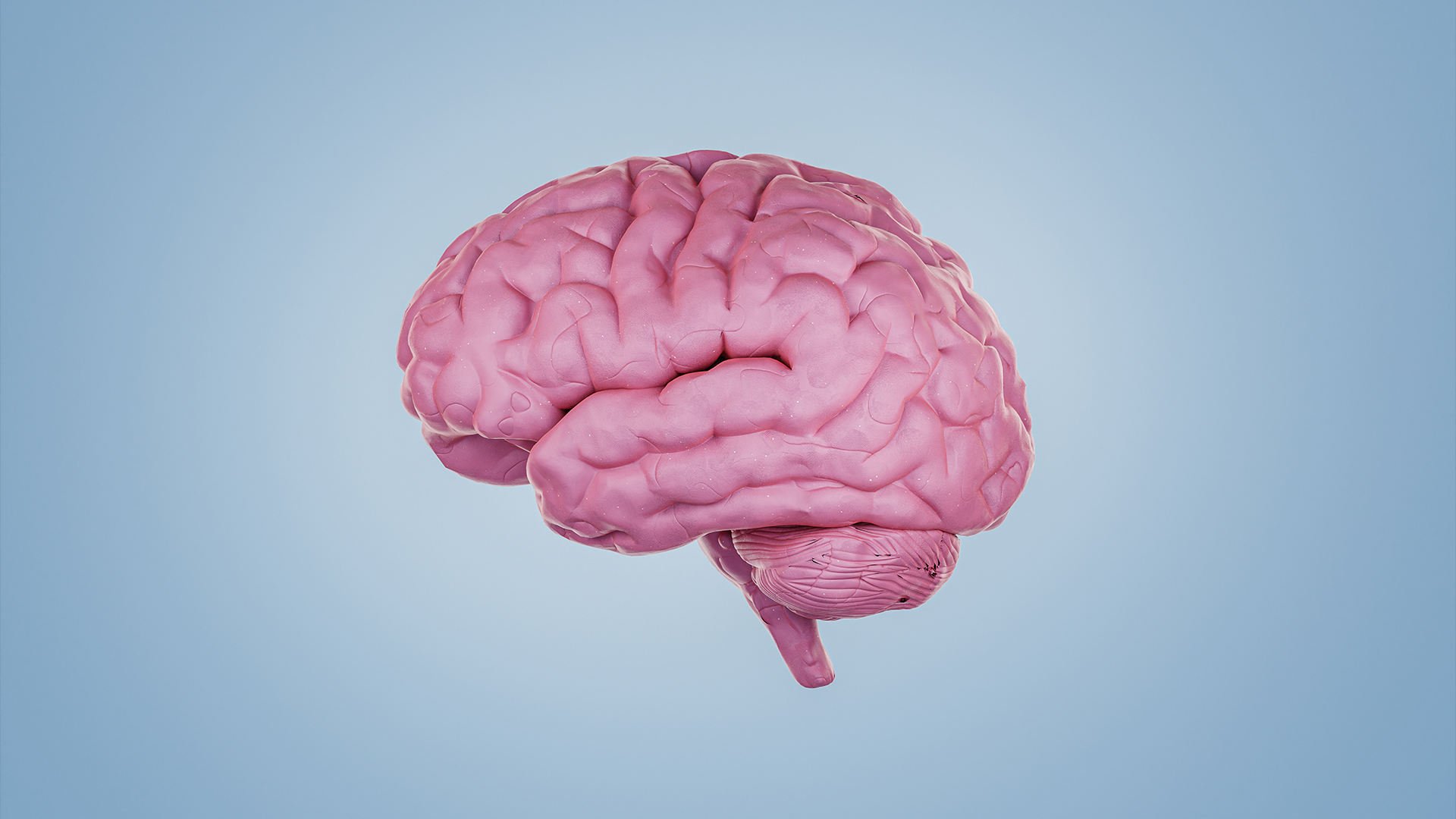
Human brains aren't as plastic as you might think
By Tamar Makin, John Krakauer published
The idea of treating neurological disorders by marshaling vast unused neural reserves is more wishful thinking than reality.
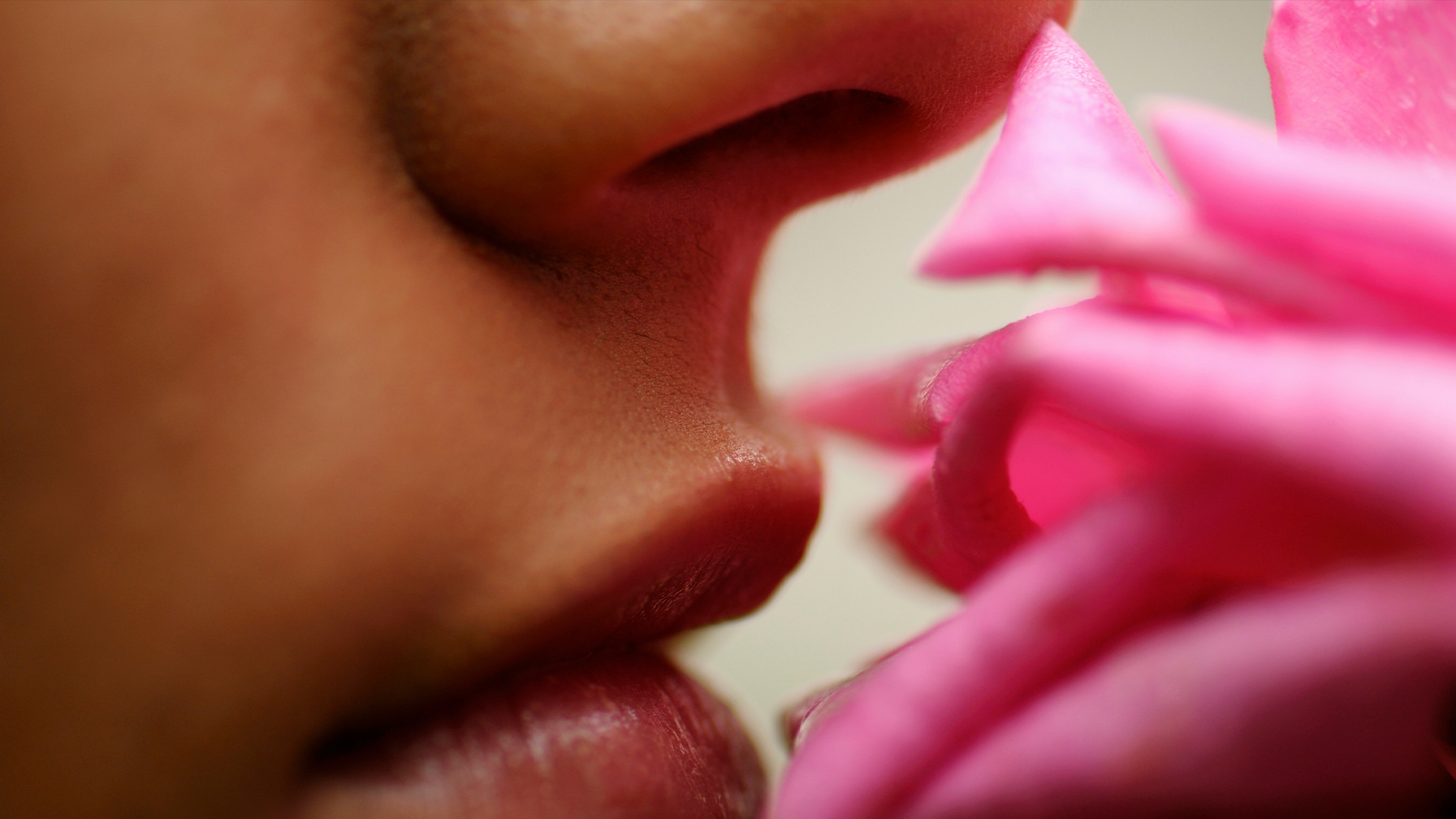
The brain may interpret smells from each nostril differently
By Rebecca Sohn published
There might be an advantage to separating scent information from each nostril, a new study hints.
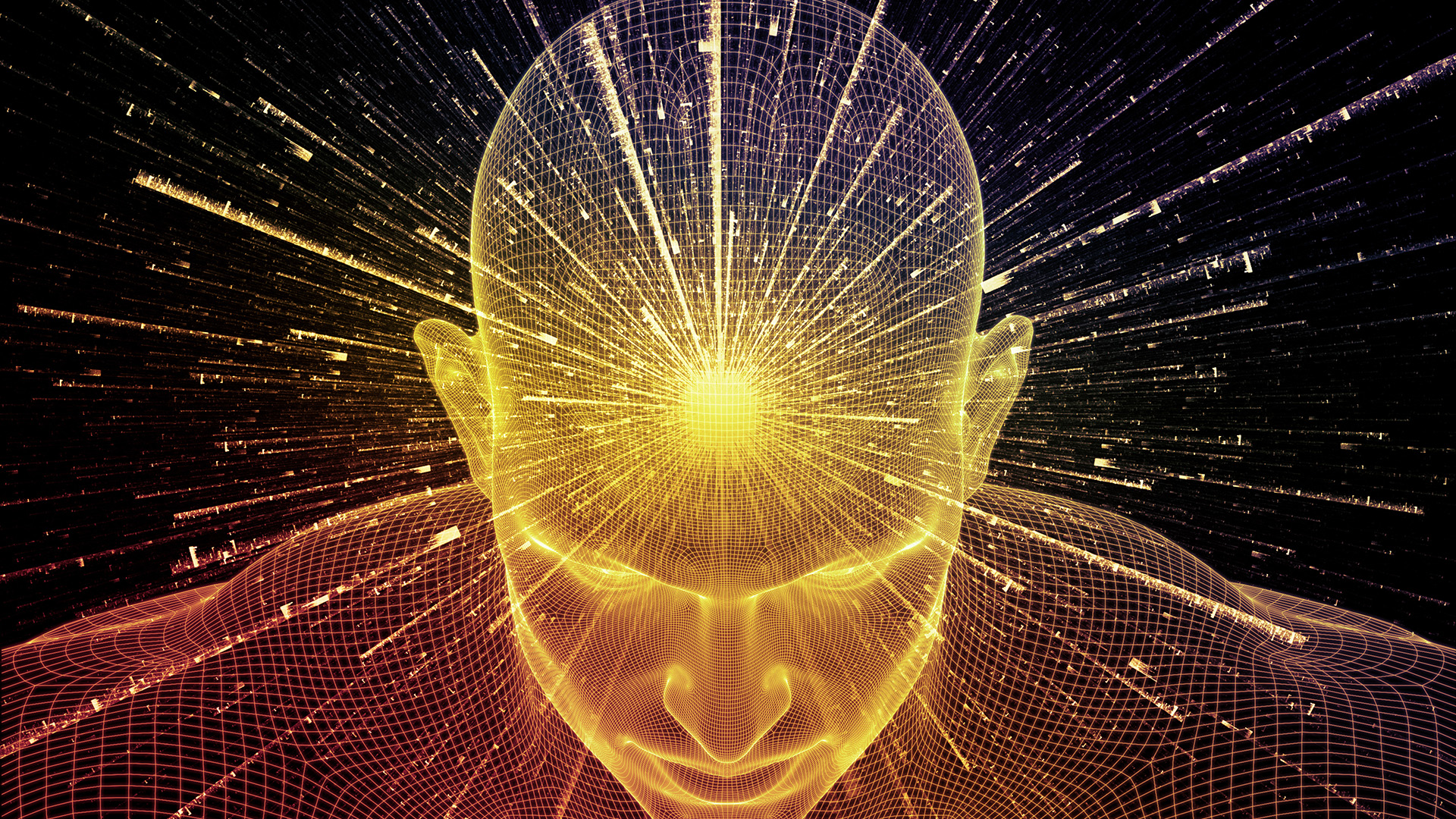
Consciousness can't be explained by brain chemistry alone, one philosopher argues
By Philip Goff published
We can account for the evolution of consciousness only if we crack the philosophy, as well as the physics, of the brain.
Sign up for the Live Science daily newsletter now
Get the world’s most fascinating discoveries delivered straight to your inbox.
